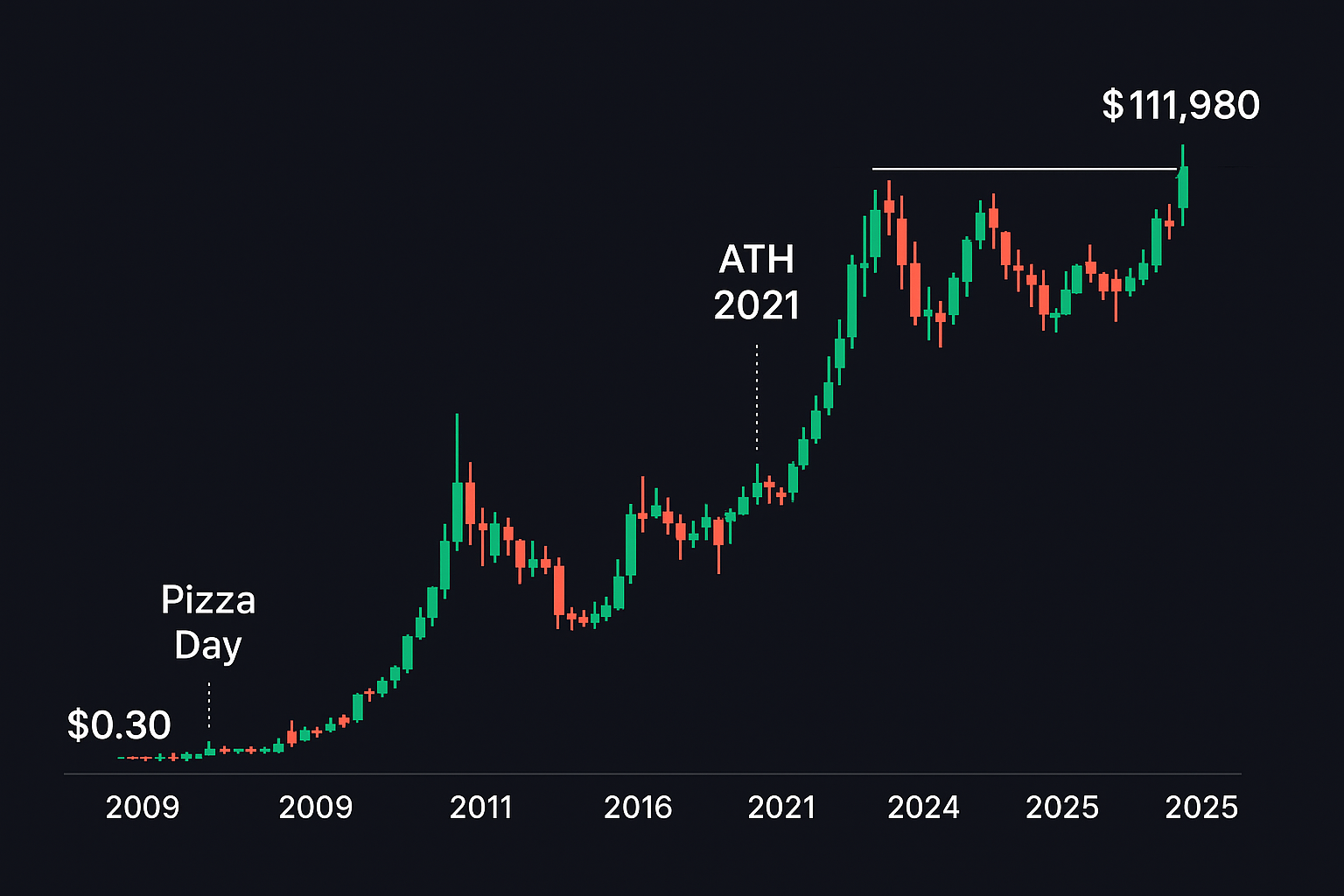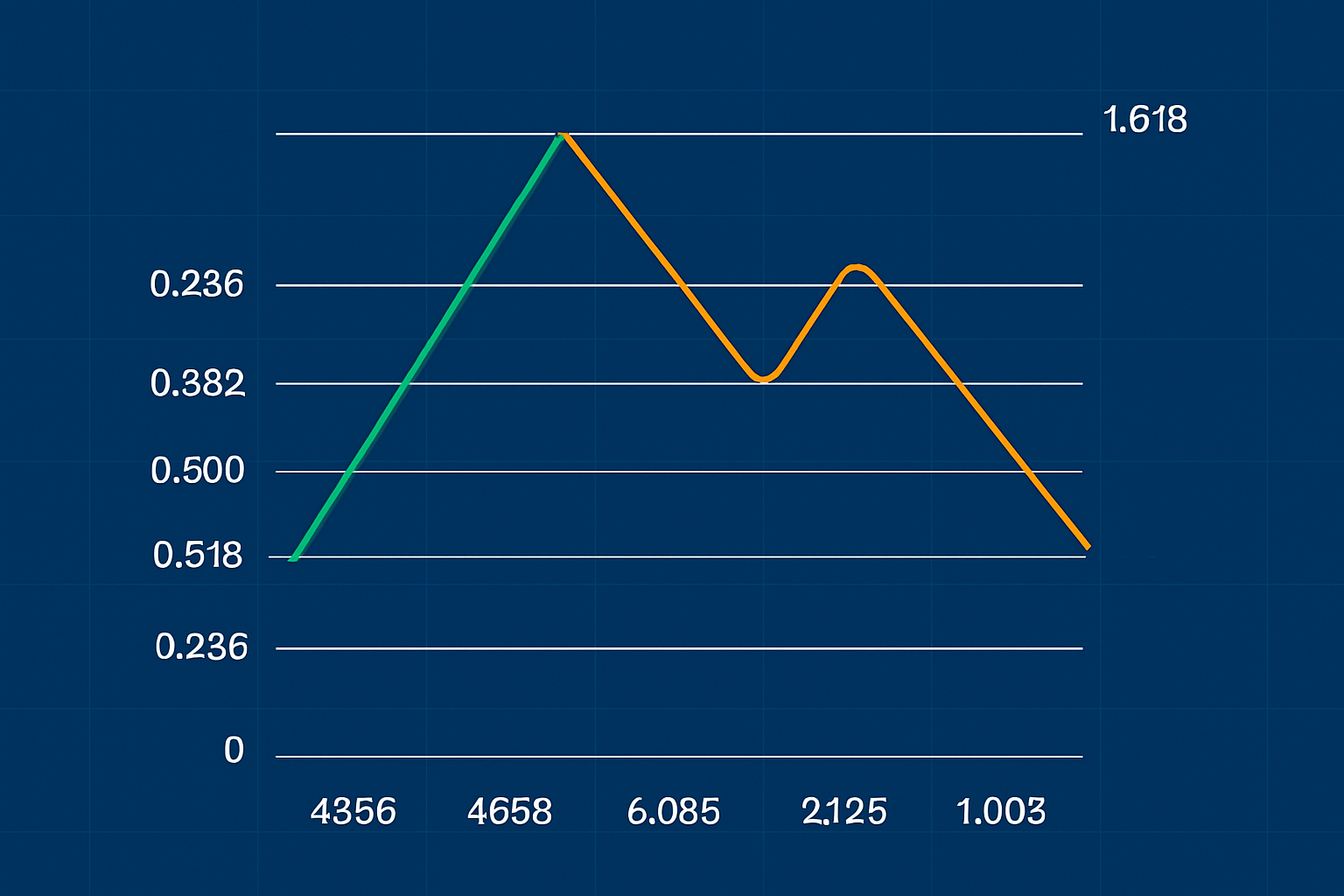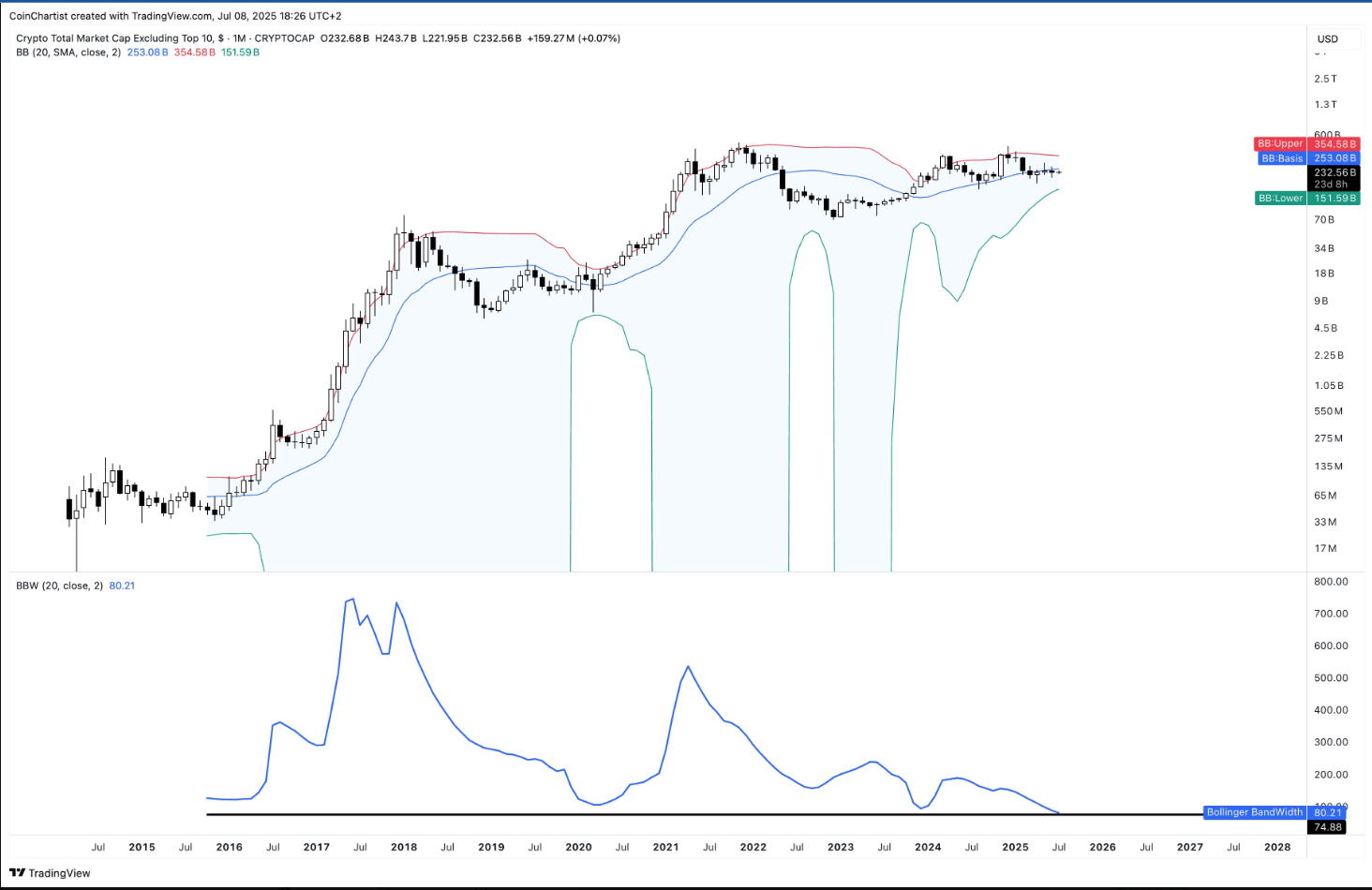A New Crypto Policy Framework for the Future
In a significant shift in global cryptocurrency regulation, Hong Kong has introduced a comprehensive framework for stablecoins, signaling its ambition to redefine digital finance while reducing reliance on the U.S. dollar. The Hong Kong Monetary Authority (HKMA) recently announced the new rules, setting the stage for a more controlled and sovereign approach to digital currencies.
Key Features of Hong Kong’s Stablecoin Rules
Only Local Issuers Allowed Under New Stablecoin Licensing
Under the new licensing regime, only locally incorporated companies will be permitted to issue fiat-backed stablecoins. These issuers must adhere to strict capital and liquidity requirements and ensure a 1:1 reserve ratio backed by high-quality liquid assets. This ensures stability, accountability, and a reduced risk of systemic shocks.
Focus on Fiat-Backed Assets, Not Crypto-Collateralized Coins
Hong Kong’s new crypto policy explicitly excludes crypto-collateralized stablecoins, allowing only fiat-referenced digital currencies. This strategic move aims to build trust and transparency in the market, making stablecoins a safer and more reliable tool for digital transactions.
Reducing Dollar Dependence in the Crypto Ecosystem
A Step Toward Digital Currency Sovereignty
This regulation does more than ensure market stability—it’s a calculated attempt to diminish the dominance of the U.S. dollar in the crypto ecosystem. By requiring stablecoin issuers to operate within Hong Kong and comply with local laws, the city is asserting its stance as a crypto-forward financial hub.
Discouraging Dominance of Centralized Stablecoin Giants
The framework also appears to deter large foreign players like Tether and USDC from overtaking the local market. Instead, it opens the door for homegrown stablecoin solutions, ensuring that Hong Kong maintains control over its digital financial infrastructure.
Conclusion: Hong Kong Sets a Bold Precedent for Global Crypto Regulation
Hong Kong’s proactive stablecoin regulations signal a new era in crypto governance, where digital sovereignty and localized control become central to financial innovation. As the world watches this bold step unfold, one thing is clear: Hong Kong wants a leading role in shaping the future of digital finance.














































